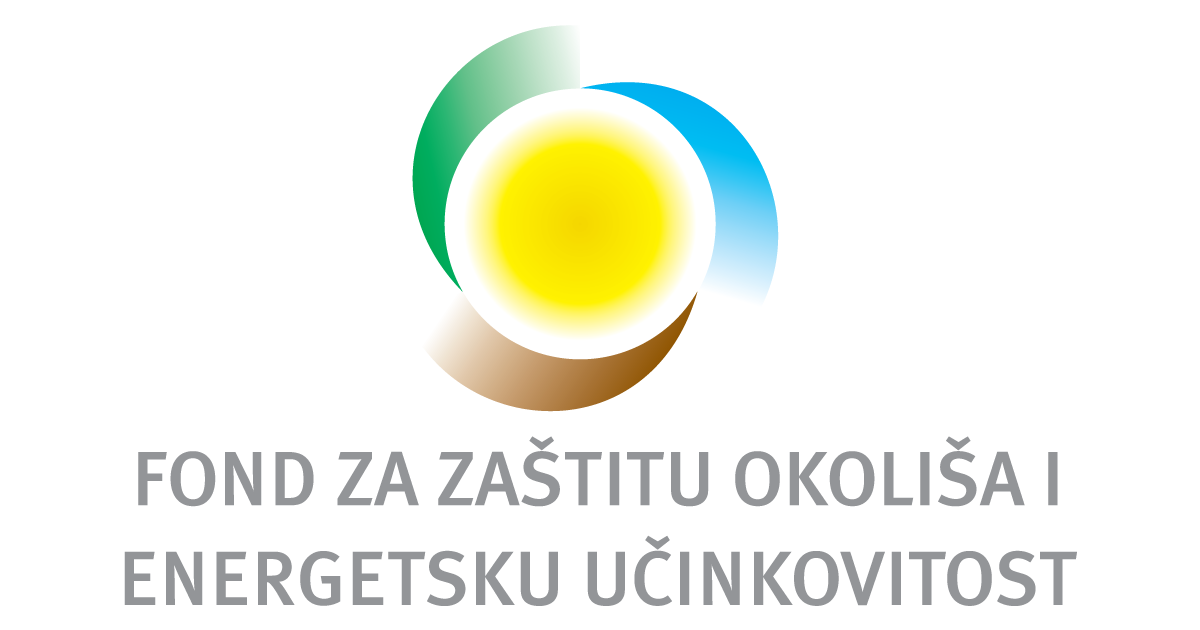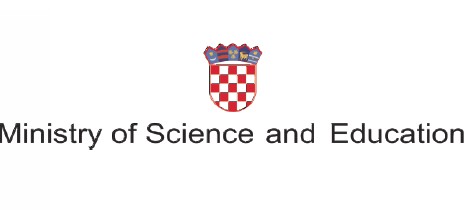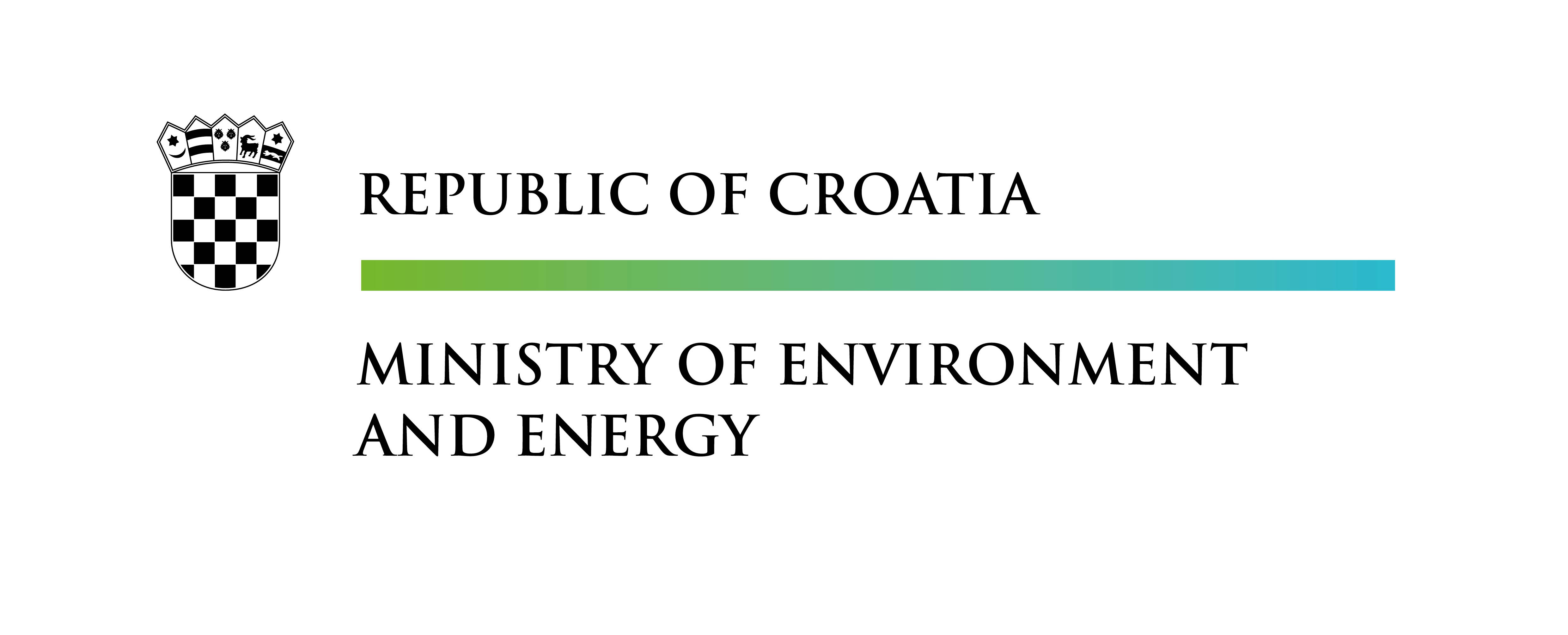A3 PICO 3G
Assessment of Adriatic Algae Potential In Cogeneration Production of 3rd Generation Biofuel
State of the art
At present, production of biofuels has been mostly based on microbial fermentation of terrestrial crop biomass, raising serious economical and environmental issues due to competition for energy and land resources with the food production industry, extensive water consumption, and negative impact on the soil. In this respect, European commission encourages the efforts for moving towards exploration of the marine algae as an alternative source for sustainable biofuels production. Although mass cultivation of algae has been continuously increasing over the last 10 years, more efforts are needed to maximise economic and environmental benefits of the algae-based biofuel production in EU. Due to the geopolitical, commercial and social orientation towards Adriatic Sea, Croatian coastal waters represent a potentially highly valuable resource for marine algae exploitation and cultivation. Because of the positive impact on environment, there is a rising interest in connecting boirefinery microalgal cultivation systems to existing industrial units, such as oil refineries, and wastewater treatment plants
Objectives of the proposed research
The main objective of the ongoing project is to create a scientific basis for culturing Adriatic microalgae on industrial wastewater, and to evaluate capacity of wastewaters from INA-oil refinery plant as for co-generative production of 3rd generation biofuels. The goal is to provide economic benefits to the oil production process while taking care of decreasing the environmental pollution. The methodology for selection of the most suitable microalgae species indigenous to northern Adriatic and associated heterotrophic bacteria, will be explored for production of biorefinery feedstock. Adriatic microalgae cultivation-potential will be acquired through 4 consecutive phases:
- Survey of existing knowledge
- Experimental testing
- Numerical modelling
- Results synthesis and knowledge transfer
The new information provided by the proposed project would significantly increase competitiveness of the Croatian petrochemical industry and contribute to the development of Croatian blue bioeconomy. The transfer of knowledge to the INA Co. will be assured through the close collaboration during all phases of the project, exchange of data and results.
This work has been fully supported by the Croatian Science Foundation under the project number PKP-06-2016-9081. The project is funded under the program of Government of the Republic Croatia to encourage research and development activities in the area of climate change.





